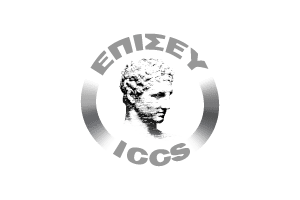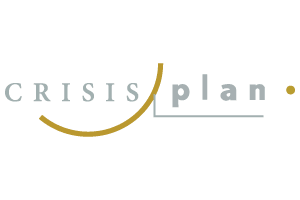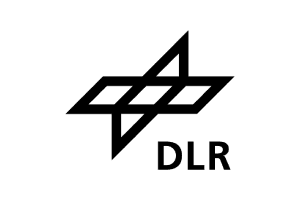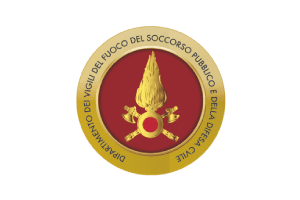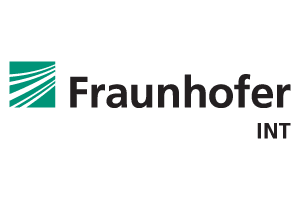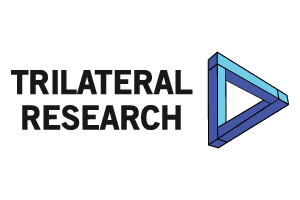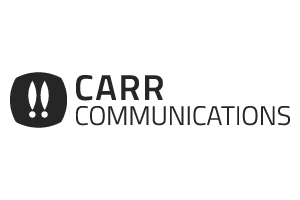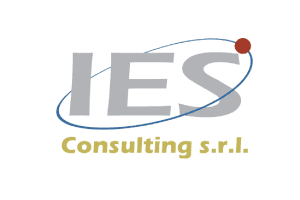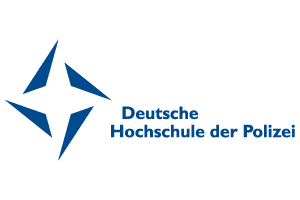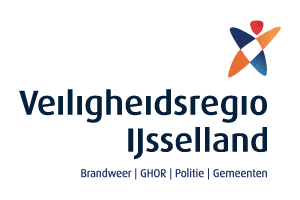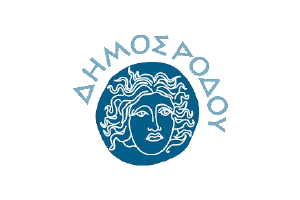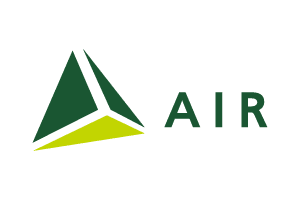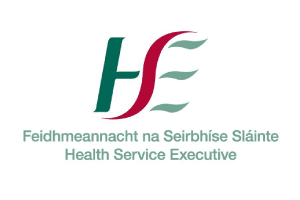
Fraunhofer-Gesellschaft Zur Foerderung der Angewandten Forschung EV (FhG)
Organisation type: Research & Technology Organisation
Euskirchen, Germany
https://www.int.fraunhofer.de/en.html
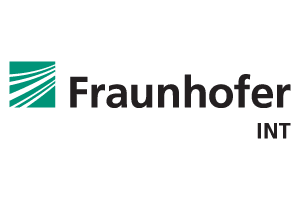
Who they are
Fraunhofer INT is the largest application-oriented research organisation in Europe. Its research activities are conducted by 67 institutes and research units at locations throughout Germany. Their research impact is focused on people’s needs and include health, security, communication, mobility, energy and the environment. They collaborate with excellent research partners and innovative companies around the world ensuring direct access to scientific progress for future research.
How are they organised
Fraunhofer INT employs 24,000 people who work with an annual budget of €2.1 billion.
Their expertise
The Fraunhofer Institute for Technological Trend Analysis (INT) provides scientifically sound assessment and counselling on the entire spectrum of technological development – especially in the area of security and defence. On this basis, the institute conducts Technology Forecasting making possible a long-term approach to strategic research planning. In addition to these skills, Fraunhofer INT runs its own experimental and theoretical research on the effects of ionizing and electromagnetic radiation on electronic components, as well as on radiation detection systems. Areas of strong expertise include crisis management research, nuclear and magnetic, and High Power Microwave threats.
Role in the project
Fraunhofer leads the literature review and validation interviews with responders for identifying and describing the factors that facilitate a crisis response. They will bring their expertise to the legal, ethical and privacy components contained in the organisational, policy and social requirements of IN-PREP. In addition, the Crisis Management Handbook which represents the synthesis of all results achieved in the project will be led by them.
Read IN-PREP research by FhG on
‘Success and Failure Factors in Responding to Crises’
and
Recommendations on relevant organisational,policy, social and human factors relevant for system developments




